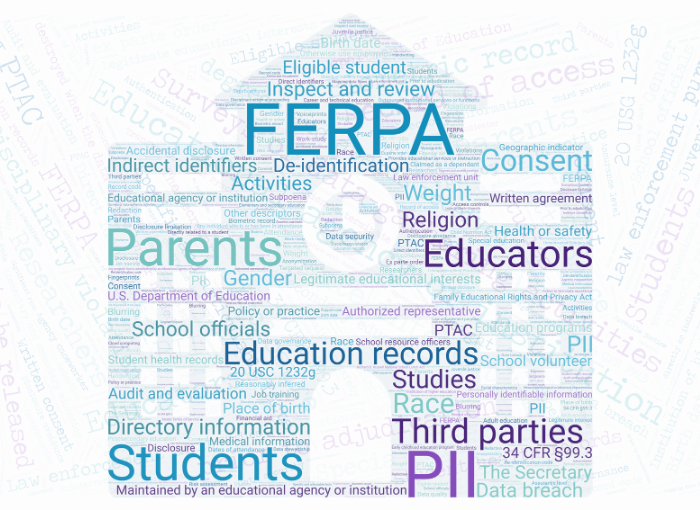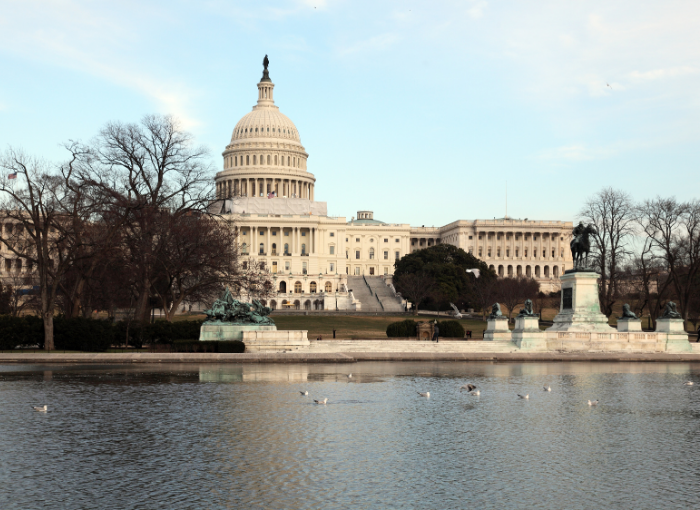Mitigating Risks in Student Surveys: An Overview of PPRA
Mitigating Risks in Student Surveys: An Overview of PPRA June 2024 Jessica Arciniega, Katherine Kalpos, and Amelia Vance CC BY-NC 4.0 Following the switch to remote learning during the COVID-19 pandemic, there was widespread public concern about student mental health as students faced social isolation and lost access to vital school-based services. These concerns intensified when the 2023 US Surgeon General advisory showed an alarming upward trend in mental health issues among high school students from 2009 to 2019, including a 40% increase in reports of persistent sadness or hopelessness, a 36% rise in those seriously contemplating suicide, and a […]
Mitigating Risks in Student Surveys: An Overview of PPRA Read More »







